The Best LMS for UK-Based Hospitality SMEs in 2025

Are you searching for a better alternative to your current LMS? If you’re delivering training at a hospitality business in the UK, you’ve likely felt the frustration due to expensive contracts, clunky old platforms, or poor support.
Good news: you’re not alone — and you have options.
In this guide, we break down the top Learning Management Systems (LMS) available to UK-based hospitality SMEs in 2025. We’ll explore the strengths, pricing models, and key differences between Flow, IHasco, Tayl, and the top alternatives. Whether you’re looking for flexibility, better value, or industry-specific features, this article will help you make an informed decision.
Why Choosing the Right LMS Matters for Hospitality SMEs
Hospitality is fast-paced. So, you can’t afford to have your training systems slowing you down. Your LMS should help you:
- Train new hires quickly and efficiently
- Stay compliant with health, safety, and food handling regulations
- Upskill staff without interrupting daily operations
- Drive costs down
An effective LMS boosts employee confidence, enhances service quality, and can significantly reduce staff turnover. For SMEs, this means staying competitive in a tight labor market and growing sustainably. But most importantly, well training and happy staff means happy customer reviews.
Quick Comparison Table: LMS Platforms for Hospitality
| LMS Platform | Best For | Pricing Model | Key Benefit | Contracts? |
|---|---|---|---|---|
| Tayl | UK-based hospitality SMEs | Pay-as-you-go | Award-winning value and support | No |
| Flow / Mapal | Larger, legacy hospitality training | Long-term contracts | Industry familiarity | Yes |
| CPL Learning | Hospitality teams under 50 users | Annual site licence | Predictable pricing and compliance | No |
| CPD Online | Basic compliance certifications | Per course | Low-cost, accessible training | No |
| iHasco | Compliance-focused industries | Per user/month | Rich course library | No |
| High Speed Training | Small teams needing CPD courses | Per course | Flexible, CPD-accredited | No |
| Thrive.ai | Social learning and engagement | Custom | Strong community features | Yes |
| 5Mins.ai | Microlearning and AI curation | Custom | AI-curated training paths | No |
| TalentLMS | General business use | Tiered plans | Scalable, broad features | No |
1. Tayl

Best for: Growing UK-based hospitality SMEs
Tayl is a fresh take on staff training with a focus on hospitality. Their system is designed to be intuitive, flexible, and fair.
Its user-friendly interface makes it ideal for busy managers and front-line staff alike. From onboarding to compliance and skills development, Tayl simplifies the learning experience with a very affordable solution.
Highlights:
- Awarded “Best Value” and “Ease of Use” in 2025
- No lock-in contracts
- Simple pricing and hands-on support
- Ready-made, hospitality-specific course content
- Real-time reporting and progress tracking
2. Flow Hospitality Training (Mapal)
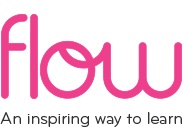
Best for: Larger, legacy hospitality operations
Flow is widely known in hospitality and offers a solid suite of training content. However, many SMEs find it expensive and inflexible.
Key Features:
- Trusted brand recognition in hospitality
- Broad course library across roles and compliance
- Modular pricing to create the system that suit you
3. CPL Learning
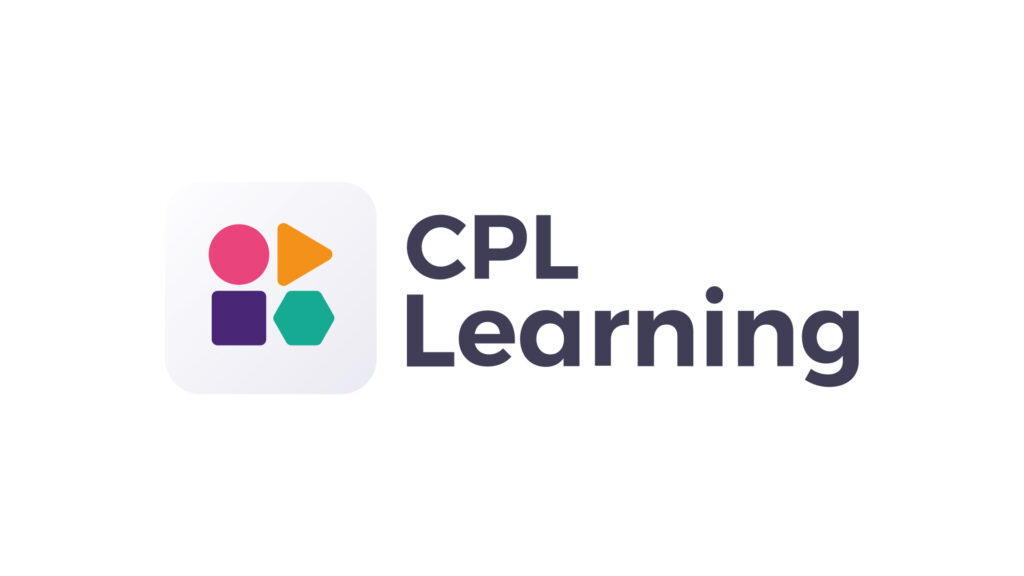
Best for: Hospitality SMEs wanting simple, predictable licensing
CPL offers annual site licences tailored to team size. This makes it a cost-effective choice for full-team training, with access to compliance, licensing, food safety, and hospitality content—available on any device 24/7.
Key Features:
- Flat-fee annual licence—no per-user pricing surprises
- Mobile-friendly LMS with progress tracking
- Covers compliance, hospitality, licensing, and more
Ideal for streamlined, compliance-focused training at small to mid-sized hospitality businesses.
4. CPD Online
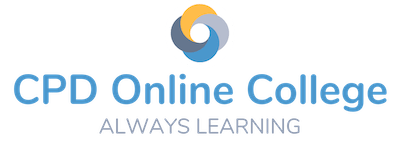
Best for: Basic hospitality compliance training on a budget
CPD Online offers extremely affordable, CPD-accredited training that covers many common hospitality topics, including food hygiene, allergens, and health & safety. Ideal for ticking compliance boxes without onboarding a full LMS.
Key Features:
- Prices as low as £20–30 per course
- CPD-accredited and RoSPA assured
- Quick certification with no subscriptions
- No fuss with tracking and using an LMS
Best used as a supplementary training tool or for smaller teams with immediate compliance needs.
5. iHasco
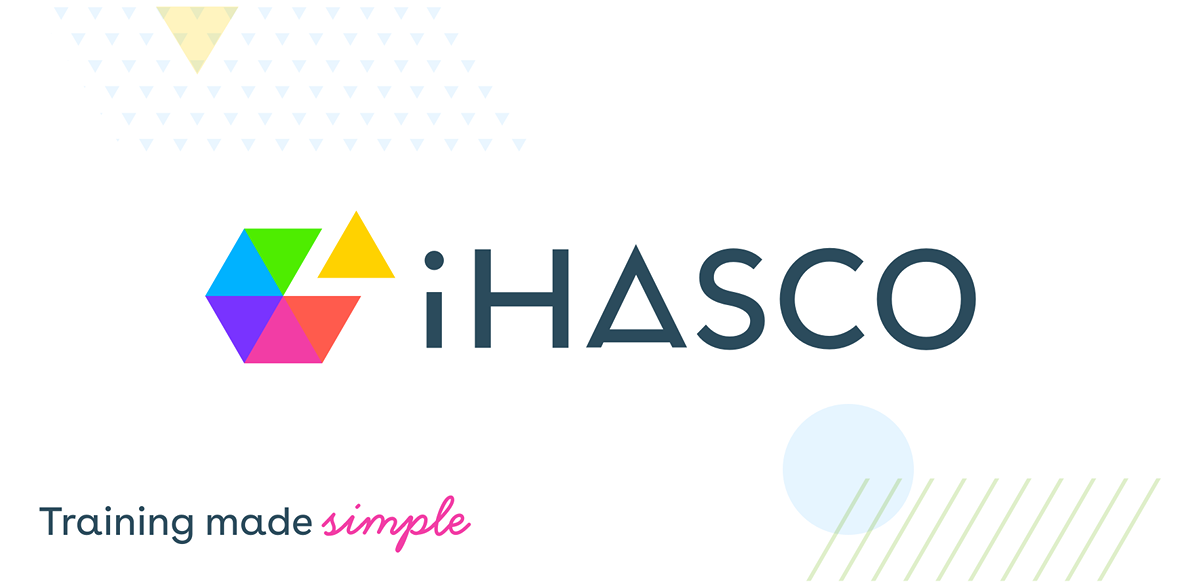
Best for: Compliance training
iHasco offers a wide range of compliance-focused modules that are relevant for hospitality businesses, especially in food hygiene, health and safety, and fire safety.
Key Features:
- CPD-accredited and up-to-date content
- Modern interface suitable for desktop and mobile
- SCORM-compatible for LMS integration
- Interactive well-made courses
For SMEs focusing primarily on compliance, iHasco is a reliable choice.
6. High Speed Training
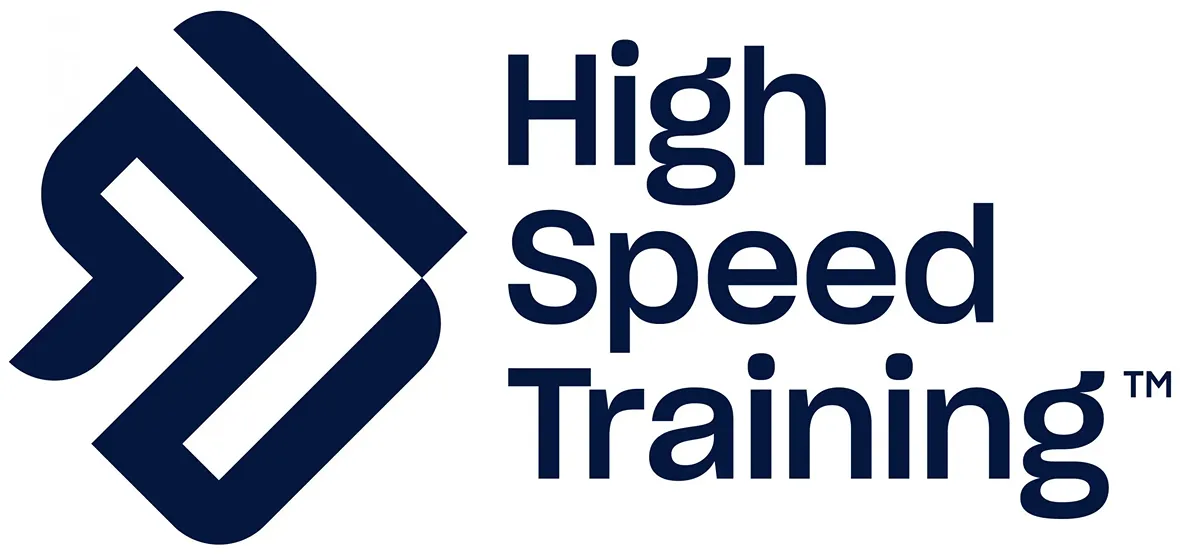
Best for: Bite-sized, CPD-certified courses
This provider is known for quick wins when it comes to compliance and certifications.
Key Features:
- Pay-per-course model offers maximum flexibility
- Offers CPD-accredited training on-demand
- No need to commit to an LMS subscription
It’s ideal for seasonal training or businesses wanting to top up knowledge without ongoing platform costs.
7. Thrive.ai
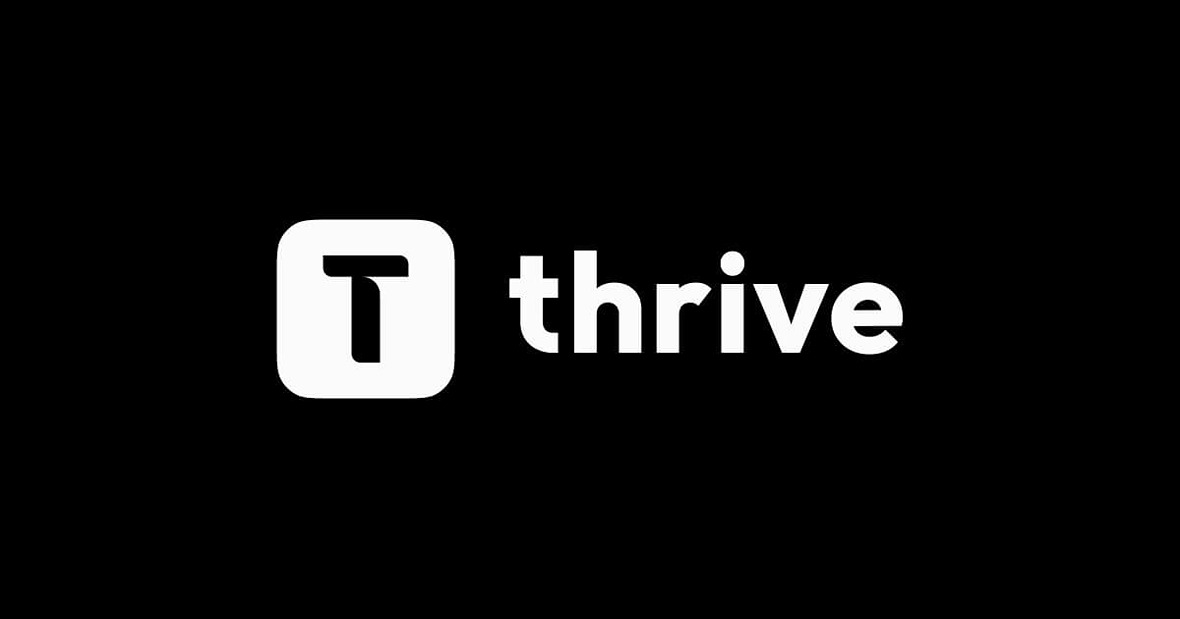
Best for: Social and collaborative learning
Thrive takes a modern approach to learning by focusing on engagement, collaboration, and employee-driven content sharing.
Key Features:
- Social learning feeds and discussion spaces
- Gamification to boost motivation
- Advanced analytics and learner insights
If your team thrives in a collaborative environment and you have capacity to manage a custom rollout, Thrive is worth exploring.
8. 5Mins.ai

Best for: Microlearning powered by AI
5Mins.ai offers short-form, AI-curated learning experiences. It’s designed to fit learning into a few minutes a day, ideal for busy front-line staff.
Key Features:
- AI-powered personalised content delivery
- Continuous and on-demand learning
-
Great for fostering a learning culture
9. TalentLMS

Best for: Generic business training across industries
TalentLMS is one of the most well-known global LMS platforms. It’s easy to get started and scalable.
Key Features:
- User-friendly interface
- Flexible plan options
-
Broad feature set including quizzes, assessments, and certifications
Conclusion: What’s the Best LMS for You?
Whether you’re a small café, an independent hotel, or a growing hospitality group, investing in the right LMS can make a real difference. A strong platform doesn’t just help you stay compliant — it builds confidence, reduces onboarding time, and fosters long-term staff development.
The best LMS for your business depends on what matters most: value, flexibility, compliance coverage, or scalability. Fortunately, the UK market now offers more choice than ever before, from budget-friendly platforms to powerful, purpose-built tools.
Take time to trial platforms, review support options, and weigh both short-term and long-term needs. Training should be a growth lever, not a headache.
Top Recommendation:
Tayl — For its simplicity, hospitality-specific content, transparent pricing, and award-winning support.
Good Alternatives:
- iHasco — For compliance-focused needs
- High Speed Training — For flexible, pay-as-you-go learning
Best for Large or Non-Hospitality Use:
- Thrive.ai, TalentLMS, Access Group
This article is intended for informational purposes only and is based on publicly available information as of June 2025. All product names, logos, and brands are the property of their respective owners. We do not claim any affiliation with or endorsement by the companies mentioned. Comparisons are made to help hospitality businesses evaluate their training options and reflect our own interpretation of features, pricing models, and user feedback where applicable. For the most accurate and up-to-date details, please consult each provider directly.
From the blog


